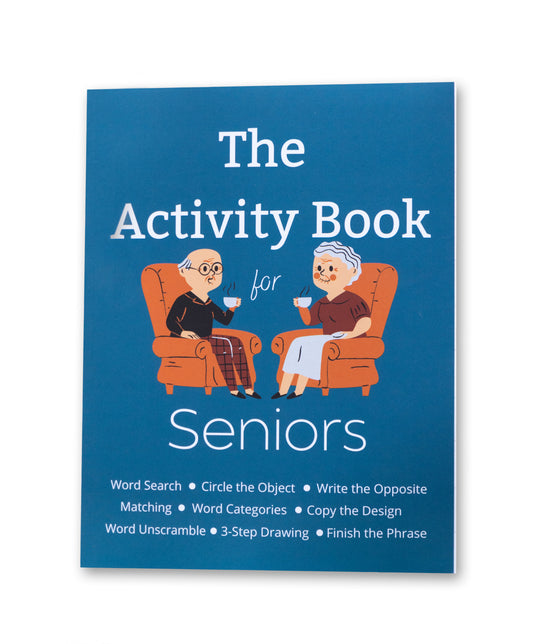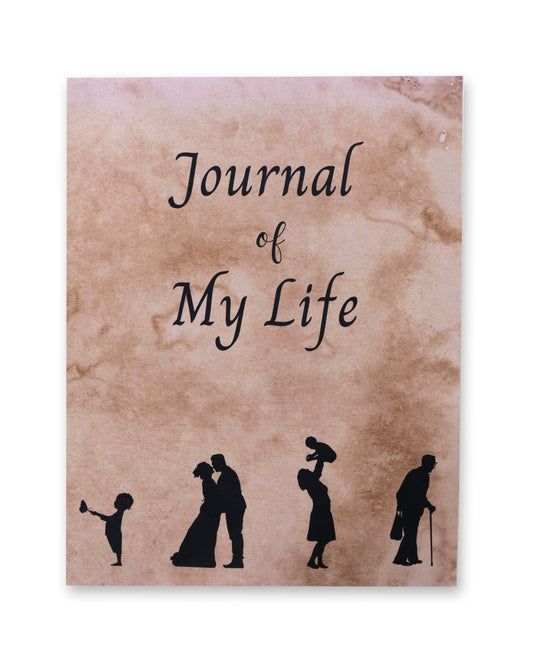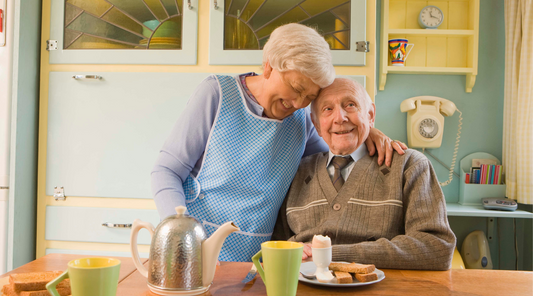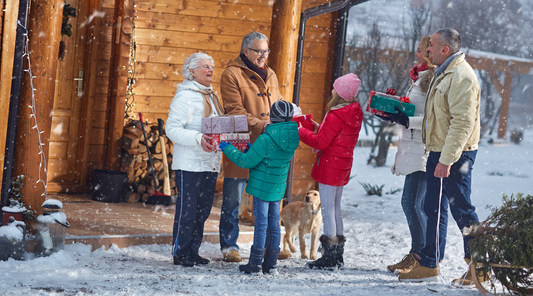
Navigating the Holidays with a Loved One with Dementia
Share
Holidays and Dementia
Not a year goes by that my mom is not concerned about what she will get for me and my kids for Christmas. What has always been important to her, giving to others, remains important despite her progressed dementia. Her heart is always in the right place, but mentally and physically she can no longer buy gifts. I could stress her out with the truth that she doesn’t have gifts for the Christmas party, but it makes her feel so much better if I calm her down and let her know she’ll have gifts to give. No matter what her mental ability is, I want her to continue to experience the joy of giving gifts to others since that is important to her.
The Struggle to Maintain Traditions
Trying to navigate the holidays with a loved one with dementia can be a challenge. You may be trying to maintain the routines and traditions of the past, but find it no longer works. This can bring sadness and feelings of loss of the way things used to be. You might have noticed that at social gatherings, your loved one becomes easily stressed by what they once enjoyed.

Consider Ways to Accommodate Their Needs
10 Ways to Accommodate Their Needs
- With sundowning triggering negative behaviors in the later afternoon or early evening, attempt to gather with others earlier in the day or when your loved one is at their best.
- Aim for relaxed and calm gatherings.
- Prioritize activities, being sure to attend what is most important to your loved one. In order to control the most accommodating environment for your loved one, consider hosting or gathering at your loved one’s facility.
- When having people over or taking your loved one to a gathering, consider overstimulation. With dementia, it becomes difficult for the brain to filter out unimportant information, leading to the person feeling stressed by too much noise, too many people, or too much activity. Unpredictable active pets or young children can be a source of joy but sometimes trigger your loved one to feel startled or distracted. Planning to use a quiet space at the gathering where your loved one can go to unwind may be helpful.
- When gathering in groups, allow for downtime before and after the event.
- Limit the amount of time your loved one is at the event. By middle-stage dementia, a good rule of thumb is alternating no more than 2 hours of activity with no more than 2 hours of downtime.
- If telling them about the holiday event in advance triggers anxiety for them, let them know instead an hour ahead when it nears time to get ready to go.
- If managing toileting issues is a barrier, consider keeping the time at the event limited and complete toileting needs before and after the event.
- Try to keep expectations on your loved one low. People with dementia may struggle to socialize with people they don’t see often. Educate your family and friends on how best to communicate with your loved one.
- And finally, take care of yourself! Look for ways to rest, have downtime, and respite from being a caregiver.






